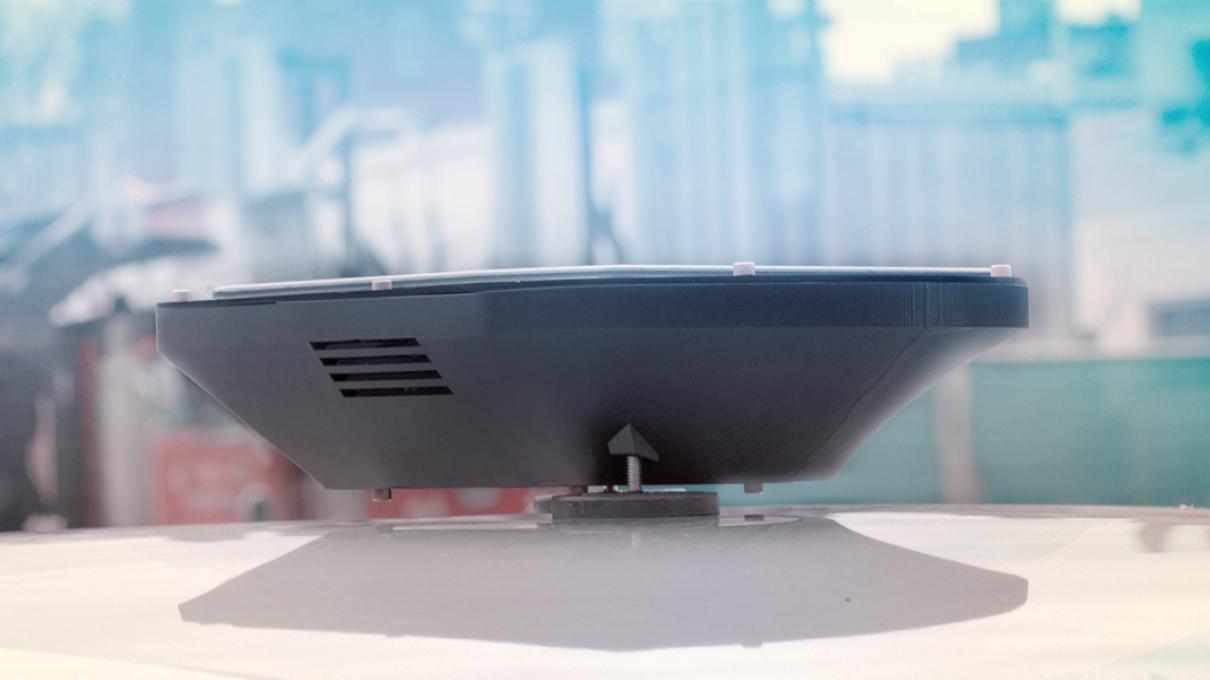City Scanner Beirut: Drive-by solution to assess pollution related to the demolition and reconstruction of Beirut

Team: Carlo Ratti, Fabio Duarte, Simone Mora, and An Wang
The explosion of Beirut’s port in August 2020 caused massive destruction within a 5 km radius from the port, affecting approximately 40,000 buildings, leaving almost 1,000 buildings totally destroyed or uninhabitable, and displacing more than 300,000 people. The reconstruction of Beirut's port area will demand massive civil works, which will cause a series of environmental nuisances. For several months the amount of construction and demolition waste (CDW) will be above the city's average, even doubling for a few months. CDW includes concrete and asphalt, chemicals and hazardous raw materials. On top of that there is an "invisible" pollution that might cause short- and long-term environmental and public health damages. The Senseable City Lab will run a pilot of our City Scanner drive-by sensing solution in Beirut. City Scanner is a low-cost, solar-powered, and modular vehicular sensing platform that will gather high-quality and real-time air quality data in the port area of Beirut, enabling decision-making and foster public engagement on environmental issues. This proposal can become the spearhead of a larger initiative to monitor air quality in during the reconstruction phase in Beirut, and to be expanded to several other cities in the Middle East.
Funding for this research was provided by the Dar Group Urban Seed Grant Program at the Norman B. Leventhal Center for Advanced Urbanism, Massachusetts Institute of Technology.


